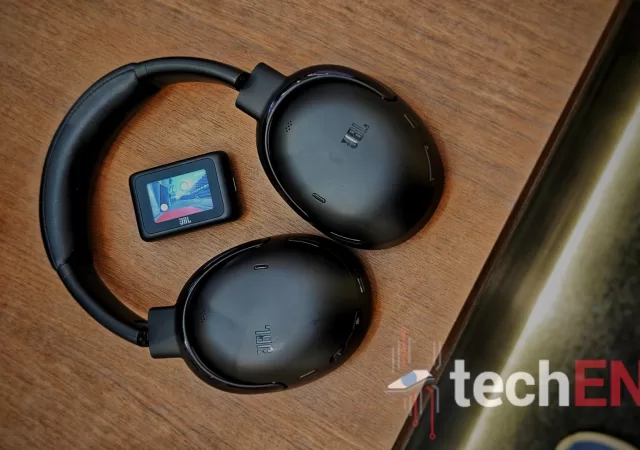CHENGDU, China, July 22, 2022 /PRNewswire/ — When the two-week Mandarin Excellence Programme (MEP) virtual study trip to China pulled the curtain down on July 15, more than 1,500 secondary school students from 64 schools across England had completed the online summer camp of learning Chinese and Chinese cultural under four themes of panda zoo, sport and modern life, Chinese campus, history and cultural heritage.
Supported by Chinese peers, UK students had immersed themselves in Chinese through live classes, video tours, folk experiences, concerts, family visits and other interactive activities which were designed by 16 host institutions from 11 Chinese mainland cities. As the host institute in Chengdu, capital city of China’s southwest Sichuan Province, teachers from the Department of International Chinese Education, Southwest Jiaotong University designed the panda themed part of the immersed activities of the intensive study and leaded them to a journey with giant pandas.
The camp started from a virtual tour in a panda zoo in Chengdu, the hometown of pandas. British students asked panda experts various questions in this tour, made paper panda dolls and created stories by what they made followed the tour.
During this two-week online summer camp, British students also visited Tianfu Greenway, the longest city greenway, the Sanxingdui Museum which is about ancient Shu Dynasty dating back 3,000 years and Daoming Bamboo Art Village, a bamboo woven intangible cultural heritage spot. “Pretty”, “cool” and “colorful” were top three words on their minds about Chengdu, of course, after the word “xiongmao” (panda).
With scenery and heritages of the city lingering on their minds, British and Chinese students designed electronic posters about the Greenway, painted masks from Sanxingdui Museum together. More admirably, students learned to weave bamboo crafts after a skillful inheritors of Sichuan Intangible Cultural Heritage. Also in the live room, several student representatives from schools in Chengdu shared their school life with British peers and guided a visit to the family of one Chinese student.
“The MEP virtual China trip was a once-in-a-lifetime opportunity that allowed me and my classmates to communicate with other students our age while learning mandarin! My favourite thing was when we made stop motion stories about pandas we had crafted from paper! Although it was very different from going to china in real life, it was still incredibly enjoyable,” said Francesca Walton, a ninth grade British student.
Highlighting the importance of the programme to the UK, British Council Director China Matt Burney said: “I’m delighted to see that through our Mandarin Excellence Programme, we are connecting the young generation of people in the UK and China through language learning. Mandarin Chinese is the most widely spoken first language in the world. I look forward to seeing more UK pupils acquire the skill of Mandarin language and work together with their Chinese peers to deepen the trust and understanding of our two countries.”
Funded by the Department for Education (England) and delivered by University College London (UCL) Institute of Education in partnership with the British Council, the MEP is a unique intensive language programme that started in 2016. There are now around 8,000 pupils enrolled on the programme in 75 schools in England. This virtual visit to China, as the important part of MEP programme, offers students a real-life focus on learning Mandarin Chinese and aims to foster cultural understanding and mutual appreciation.
![]() View original content:https://www.prnewswire.com/news-releases/virtual-intensive-study-in-china-trigger-exchange-between-china-and-uk-youth-301591615.html
View original content:https://www.prnewswire.com/news-releases/virtual-intensive-study-in-china-trigger-exchange-between-china-and-uk-youth-301591615.html





